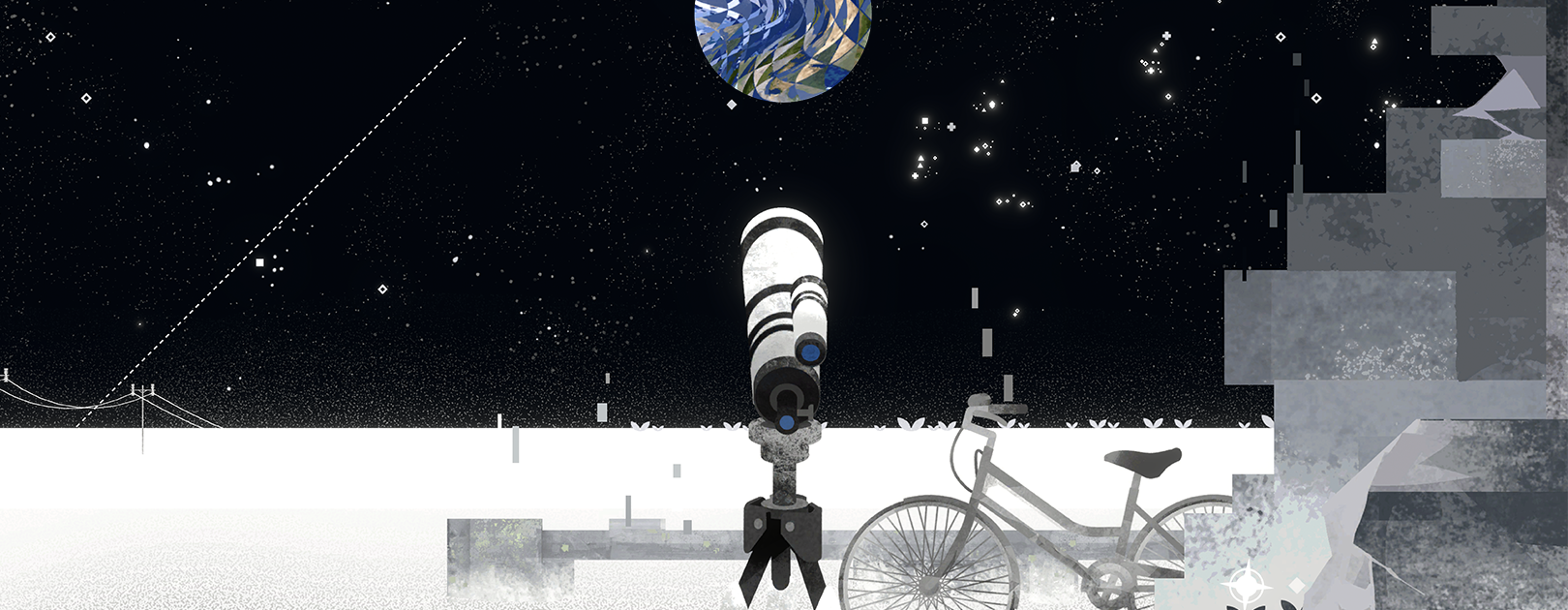Around six years ago, Ben Wu presented a game jam to the Indie Game Collective: a quiet puzzle game that managed to teach its concepts without using a single word. I fell in love instantly. He was ready to put it out in the world and move onto his next project, but I knew if we threw Zapdot at the project we could help expand his vision a bit. I pitched that idea to him – he was interested – and we collectively began working on what would become CIPHER ZERO.
Little did we know we were about to face a global pandemic, a recession, and what feels like an endless onslaught of new challenges every day.
CIPHER ZERO is a niche game by design. It is a linear, logic-first puzzle game that has no explicit tutorial, no dialog, and no online hooks. Against a wealth of advice to chase fads and virality, we set out to create a highly-polished experience that invisibly led a player through a challenging, solitary experience.
As a team we recognized these choices would become our biggest barrier to the title being a financial success without a monumental effort to make the world aware of its existence. We had the privilege of client work that mostly supported our livelihoods outside the development of the title, and Ben had what seemed like an unending amount of patience. Our studio needed to pause development several times as the game industry (and the tech sector as a whole) navigated downturns and setbacks from 2019-2025.
CIPHER ZERO is very much a reflection of our circumstances as we were living through a cataclysmic change in the world around us. The game presents a world where people should be, but aren’t. You are driven through an experience where you are expected to know what to do, but aren’t told how. When you finally develop an understanding of what you need to do — you quickly stumble on something new or different and you’re forced to start the process over again.
This experience was carefully crafted for our players, but it was also our experience navigating massive changes in our lives: moving across the country, experiencing loss, finding love, getting married, becoming parents, and so much more.
When it came time to build our final trailer a few months before launch, I spent some time thinking about the journey we took, and how our team took on development as a love for the craft as opposed to a strictly commercial endeavor; I remembered a line from a speech that John F. Kennedy delivered at Rice University in 1962. It was so powerful, and so relevant to our experience and unspoken story of the game, that I pushed the team to make it the crux of the trailer:
We choose to go to the moon. We choose to go to the moon in this decade and do the other things, not because they are easy, but because they are hard, because that goal will serve to organize and measure the best of our energies and skills, because that challenge is one that we are willing to accept, one we are unwilling to postpone, and one which we intend to win, and the others, too.
To me, CIPHER ZERO is about that kind of growth — not the tidy, linear kind, but the kind that comes from stumbling forward. We figure things out, only to be humbled again. And through it all, we persist.
I hope you play CIPHER ZERO and tell everyone you know about it. I hope you sit with moments of quiet contemplation, aggravated confusion, and euphoric epiphanies. I hope you walk away and come back — not because you have to, but because you want to prove to yourself that the “impossible” puzzle really does have a solution.
Many games nowadays quite literally force your hand through the opening moments. Sometimes it’s to ensure you’re equipped for what comes next. Sometimes it’s out of fear — that you’ll get confused, frustrated, and leave a bad review.
We took a different path.
By saying as little as possible, we hope to spark curiosity. By providing incremental challenge, we hope to inspire experimentation. In our silence, we are shouting: every attempt is a step forward, make your failures your foundation. We would not put a challenge in front of you if we did not believe in your ability to overcome it.
Above all, I hope our little game reminds you: progress isn’t easy, but the personal growth you’ll undergo on your journey will always be worth it.

